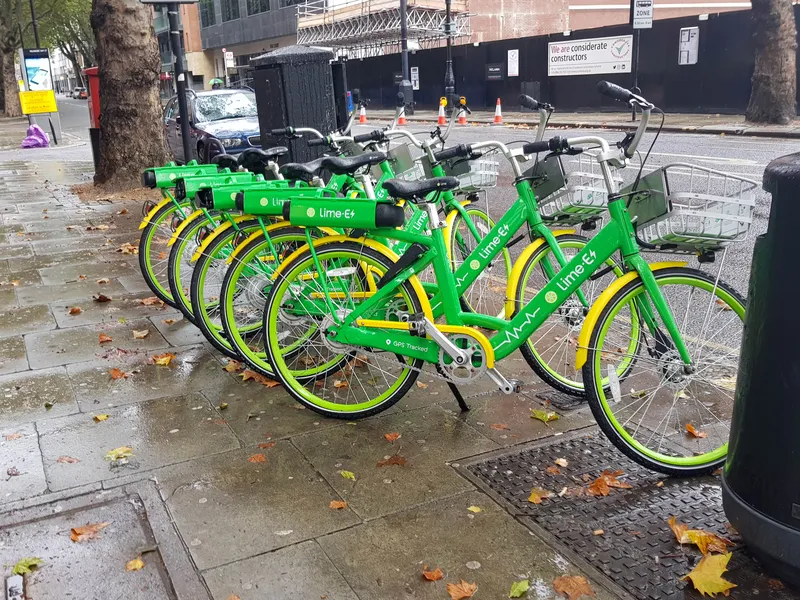Said to be the biggest congestion charge scheme to launch in any city, the London scheme got off to a smooth start ten years ago on 17 February 2003, much to the surprise of London's then mayor Ken Livingstone, who ten years later says “it turned out better than I expected.” None of the anticipated pre-7am congestion as drivers attempted to avoid the charge happened, and by the end of the first day 57,000 drivers had paid it. The main problem seemed to be that buses were all running ahead of time and had t
February 15, 2013
Read time: 2 mins
Said to be the biggest congestion charge scheme to launch in any city, the London scheme got off to a smooth start ten years ago on 17 February 2003, much to the surprise of London's then mayor Ken Livingstone, who ten years later says “it turned out better than I expected.”
None of the anticipated pre-7am congestion as drivers attempted to avoid the charge happened, and by the end of the first day 57,000 drivers had paid it. The main problem seemed to be that buses were all running ahead of time and had to wait at stops for a few minutes to get back on schedule.
According to189 Siemens, who supplied much of the technology for the scheme, traffic has fallen by 20 percent and the number of traffic jams has been cut by a third. The number of vehicles being driven in London each day is now down by 60,000.
Intelligent video systems register licence plates using video scene analysis and, following a check against a database, identify whether the congestion charge has been paid.
The company claims that London's congestion charge is a successful model, showing how chronically congested urban areas can get traffic moving again. Traffic jams are reduced, public transport speeded up, and the quality of air improved. With the congestion charge system, pollution in central London has fallen by 150,000 tons of CO2 annually.
The congestion charge system is part of an integrated Siemens transport solution for the city. This means intelligent networking of roads and railways to optimise use of the existing infrastructure. A new fleet of Siemens Desiro regional trains is improving commuter traffic; the Heathrow Express and Heathrow Connect provide fast, direct links between the city and the airport; and traffic information and traffic control systems plus the congestion charge regulate traffic on the roads.
To enhance these positive effects even further Siemens has implemented a control system supported by satellite which optimises passenger information and routes for around 8,000 London buses. Meanwhile, London's fleet of buses now for the first time includes vehicles featuring hybrid technology, also supplied by Siemens.
None of the anticipated pre-7am congestion as drivers attempted to avoid the charge happened, and by the end of the first day 57,000 drivers had paid it. The main problem seemed to be that buses were all running ahead of time and had to wait at stops for a few minutes to get back on schedule.
According to
Intelligent video systems register licence plates using video scene analysis and, following a check against a database, identify whether the congestion charge has been paid.
The company claims that London's congestion charge is a successful model, showing how chronically congested urban areas can get traffic moving again. Traffic jams are reduced, public transport speeded up, and the quality of air improved. With the congestion charge system, pollution in central London has fallen by 150,000 tons of CO2 annually.
The congestion charge system is part of an integrated Siemens transport solution for the city. This means intelligent networking of roads and railways to optimise use of the existing infrastructure. A new fleet of Siemens Desiro regional trains is improving commuter traffic; the Heathrow Express and Heathrow Connect provide fast, direct links between the city and the airport; and traffic information and traffic control systems plus the congestion charge regulate traffic on the roads.
To enhance these positive effects even further Siemens has implemented a control system supported by satellite which optimises passenger information and routes for around 8,000 London buses. Meanwhile, London's fleet of buses now for the first time includes vehicles featuring hybrid technology, also supplied by Siemens.









